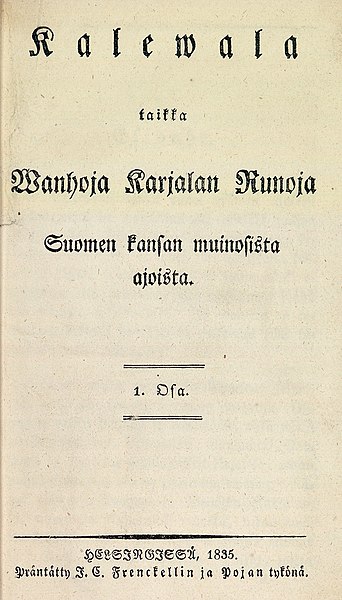The Aeneid is a Latin epic poem that tells the legendary story of Aeneas, a Trojan who fled the fall of Troy and travelled to Italy, where he became the ancestor of the Romans. Written by the Roman poet Virgil between 29 and 19 BC, the Aeneid comprises 9,896 lines in dactylic hexameter. The first six of the poem's twelve books tell the story of Aeneas' wanderings from Troy to Italy, and the poem's second half tells of the Trojans' ultimately victorious war upon the Latins, under whose name Aeneas and his Trojan followers are destined to be subsumed.
Manuscript circa 1470, Cristoforo Majorana
Aeneas Flees Burning Troy, by Federico Barocci (1598). Galleria Borghese, Rome, Italy
Paul Cézanne, Aeneas Meeting Dido at Carthage, c. 1875, Princeton University Art Museum
Hawara Papyrus 24, with a line of Virgil's Aeneid (repeated 7 times; probably a writing exercise). Book 2, line 601 ( "It is not the hated face of Spartan Helen..."). Recto. Latin language. 1st century AD. From Hawara, Egypt. On display at the British Museum in London
An epic poem, or simply an epic, is a lengthy narrative poem typically about the extraordinary deeds of extraordinary characters who, in dealings with gods or other superhuman forces, gave shape to the mortal universe for their descendants.
A tablet containing a fragment of the Epic of Gilgamesh.
The first edition (1835) of the Finnish national epic poem Kalevala by Elias Lönnrot






